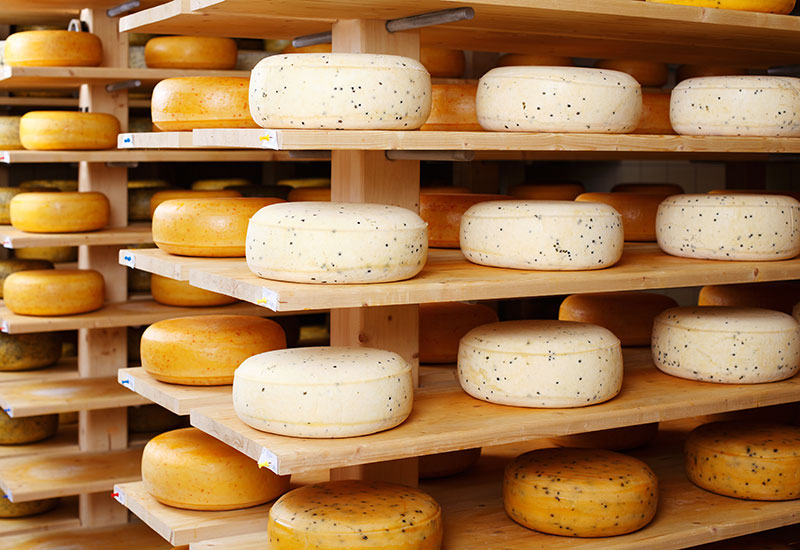Latest news
Infected cheese recalled from Carrefour
The Ministry of Economy, in co-operation with Carrefour, has begun recalling ‘Perail’ cheese as the product was tested positive for bacteria, reported Emirates 24/7.
The cheese was said to contain bacteria called listeria monocytogenes, which causes listeriosis, with an incubation period that may reach up to eight weeks. The ministry asked consumers who have bought the product to dispose it or return it to Carrefour immediately.
Carrefour had also placed a warning poster at all its outlets to inform people, and appeal to those who consumed the product and showed symptoms such as fever and headache, to visit a doctor.

| Advertisement |
Top trends
Non-dairy cheese, says Andiamo chef de cuisine David Concas. He explains: “My Italian and international experience says the main trend is cheese without dairy. With problems related to allergies such as gluten, dairy, nuts, et cetera, the trend is to make cheese or cheese products with the right taste and appearances but without dairy. Will that be favourable and work? I’m not so sure, but it will allow those who are lactose-intolerant to enjoy the prospect of having cheese.”
Burrata mozzarella, says La Classique chef de cuisine Remi Verrier. He says: “Recently, we have seen more and more dishes which include burrata mozzarella. Burrata is an Italian cheese made from mozzarella and cream with a firmer shell and unusually soft, creamy centre. Burrata, meaning ‘buttered’ in Italian, has a fresh and memorable taste.”
Microbiological rennet, says Per Te Ristorante e Café executive chef Gladwin Anton, who says: “The cheese industry is now concentrating on healthy cheeses. Basically, cheese is made with rennet but nowadays people prefer consuming cheese made with microbiological rennet, as it is healthier compared to normal rennet.”
Goat cheese, says Mulwarra Export managing director Greg Darwell. “In general, goat dairy products, and more specifically goat cheese, are becoming increasingly popular because of its higher digestibility compared to other dairy products, as well as higher level of cultures (the ‘friendly bacteria’). Although there is concern of high intake of dairy, namely milk, cheese is a product that is rich in nutritional content, when consumed in reasonable volumes.”
Article continues on next page ...










 Search our database of more than 2,700 industry companies
Search our database of more than 2,700 industry companies









